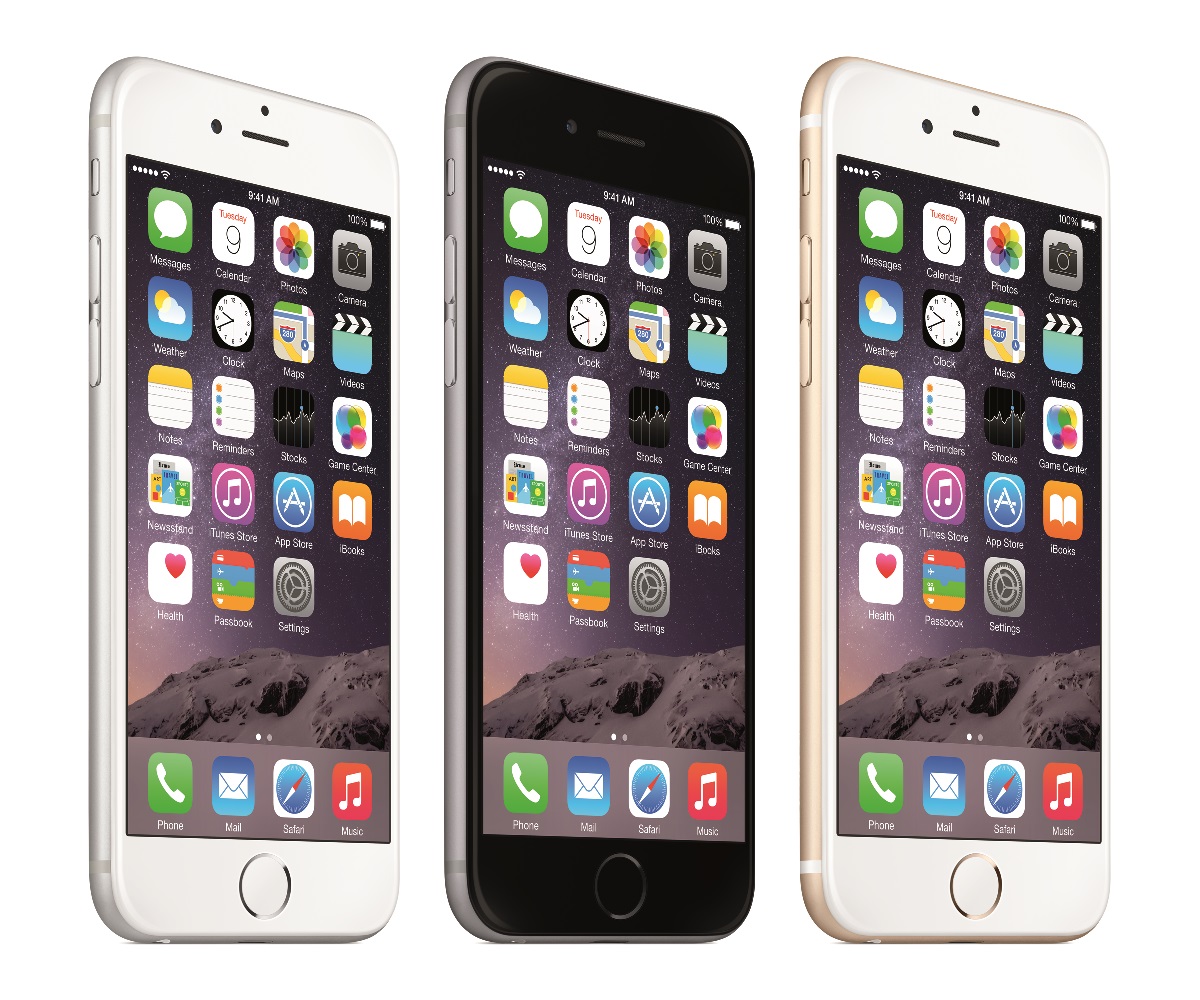
Two major retailers that have chosen to remain outside the system are Wal-Mart Stores Inc. (NYSE: WMT) and Best Buy Co. Inc. (NYSE: BBY). Both stores support a different payment system being developed by a retailer-owned mobile technology outfit called Merchant Customer Exchange (MCX) and its CurrentC mobile app, which starts testing this month before being rolled out nationwide next year. Other retailers supporting the CurrentC system, according to the Washington Post, include Target Corp. (NYSE: TGT), 7-Eleven, Southwest Airlines Co. (NYSE: LUV), Gap Inc. (NYSE: GPS) and Shell gas stations.
Walmart told the Post only that it had “no plans” to join Apple Pay. Best Buy, which installed NFC-enabled scanners in 2011, but turned them off after only a short time, also said it has no plans to turn the scanners back on.
The CurrentC system works on any smartphone by creating a QR code that can be scanned by existing checkout scanners. The Apple Pay system requires an NFC chip in the smartphone and is currently restricted to owners of the iPhone 6 and 6 Plus. That will change over time, of course, and the price of NFC-enabled equipment will drop as more of the equipment is installed.
Neither the CurrentC nor the Apple Pay system will charge customers for using it.
ALSO READ: Long-Term Risks and Opportunities for Banks From Apple Pay
Unlike Apple Pay, CurrentC is essentially a prepaid system where the user loads the CurrentC mobile app with cash, either directly or by linking to a checking or savings account. It is not currently possible to link a credit card to the CurrentC app — and may never be.
Because there are no credit card issuers involved with CurrentC, there are no swipe fees, which merchants like and banks and card companies do not. Banks collected about $40 billion in credit card transaction fees last year.
Retailers that use the CurrentC system are said to be planning to offer discounts to customers who adopt the system. A soft spot in this system is that QR codes are not as secure as the one-time token system that Apple Pay will use.
One thing banks like about Apple Pay is that Apple has apparently assumed some of the liability for fraudulent purchases, something banks are currently on the hook for. All major U.S. banks and the big three credit card companies have signed on with Apple Pay and have reportedly agreed to pay Apple 15 cents per transaction in exchange for the better security offered by the Apple Pay solution.
Apple has announced a system that is convenient for customers and retains the revenue stream for banks and card issuers while causing no price increase for consumers. The CurrentC system hopes to offer the same convenience and better pricing to customers at the same time that it eliminates the banks and card issuers from the revenue stream.
ALSO READ: 15 Biggest Employers in the World
Apple’s advantages are that its system is more secure and has the backing of the big financial players, and it will be available at tens of thousands of merchants’ locations next month. Its disadvantage is that it is limited to owners of iPhone 6 and 6 Plus.
The CurrentC system’s primary advantage is that there are so many smartphones that can use the system and the savings, at least theoretically, can be passed along to customers. Security is an issue, and so is disintermediating the banks and card issuers.
Looked at today, Apple appears to have a clear advantage, not least because of the October roll-out. If the Apple Pay system is a hit with users, they will bring pressure on other merchants to get on board and that will be a big plus for Apple.
In 20 Years, I Haven’t Seen A Cash Back Card This Good
After two decades of reviewing financial products I haven’t seen anything like this. Credit card companies are at war, handing out free rewards and benefits to win the best customers.
A good cash back card can be worth thousands of dollars a year in free money, not to mention other perks like travel, insurance, and access to fancy lounges.
Our top pick today pays up to 5% cash back, a $200 bonus on top, and $0 annual fee. Click here to apply before they stop offering rewards this generous.
Flywheel Publishing has partnered with CardRatings for our coverage of credit card products. Flywheel Publishing and CardRatings may receive a commission from card issuers.
Thank you for reading! Have some feedback for us?
Contact the 24/7 Wall St. editorial team.




